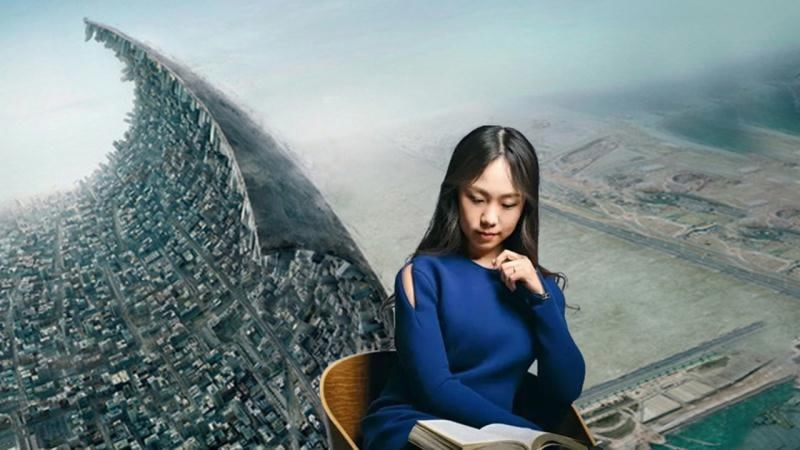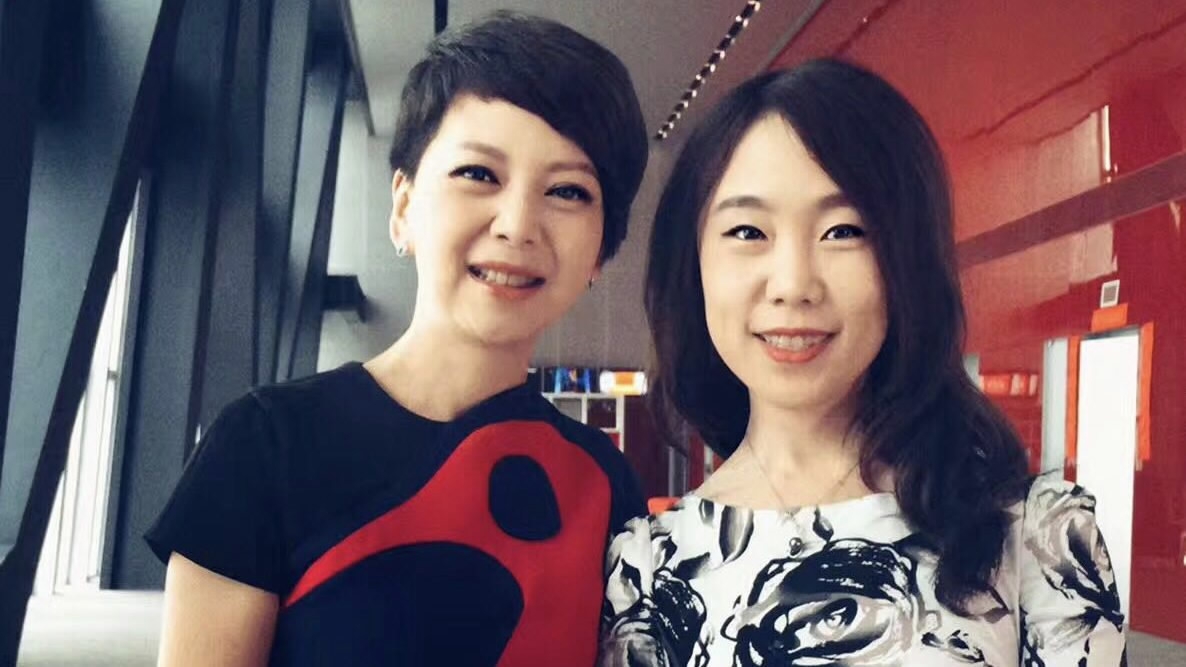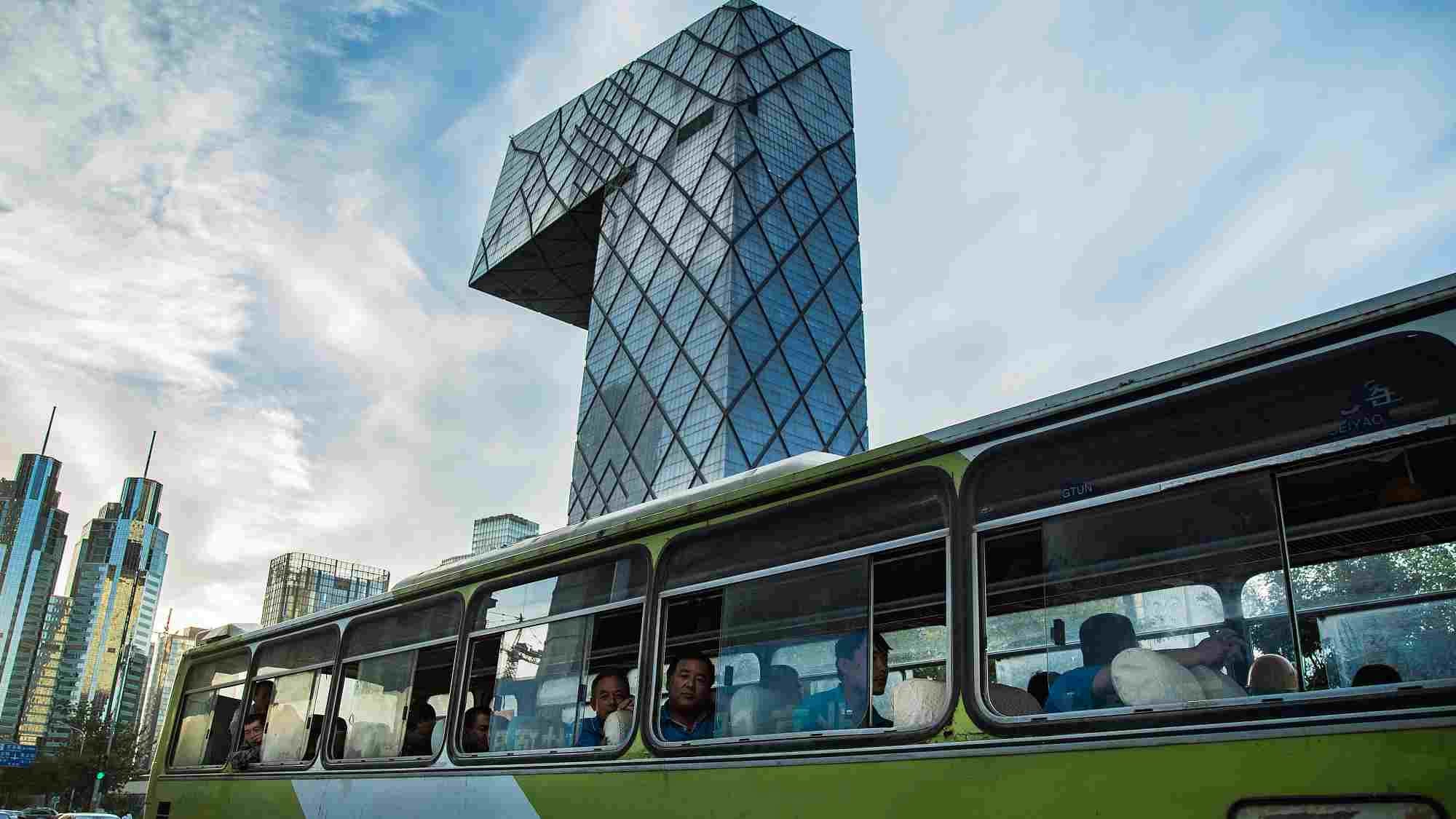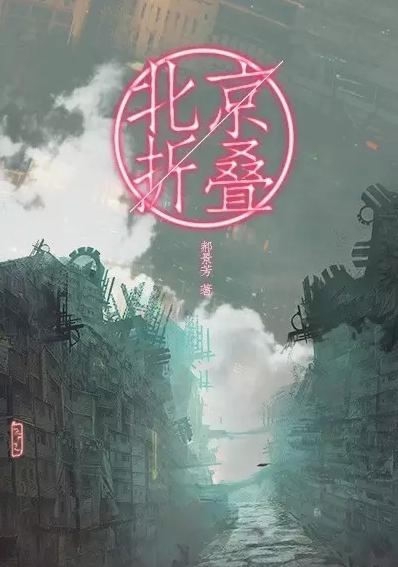Exclusive with Hugo Award Winner Hao Jingfang "Folding Beijing”
2017-05-01 15:17 GMT+8

Editor
Zhao Hong
By CGTN's Chen Pan
"In an unspecified future, Beijing within the sixth Ring Road is physically divided into three classes, sharing the same earth surface in each 48 hour cycle."
This is the setting of the Chinese science fiction novelette Folding Beijing. The book's author, Hao Jingfang, was endowed with a special honor – the first Chinese woman to win a Hugo Award for Best Novelette in 2016.
During an interview with CGTN's World Insight, Hao told how she got the inspirations of the story and how she managed to put the reality into fiction.

World Insight host Tian Wei (L) and Hao Jingfang(R) /CGTN Photo
Hao graduated from one of China’s privileged university Tsinghua University, with a bachelor's degree in physics and a doctoral degree in economics. She now holds a job at China Development Research Foundation.
As an economic researcher, she used to work in Beijing's central business district, where she came across all kinds of decision makers and CEOs. But back home in Beijing's suburbs, she also met some other migrant workers who lived a hard life. She was then deeply impressed by the separation that the ultra-rich people may not be aware of those poor people living in the same city.
"I really feel that in this city, in somebody's life, they just don't feel there're some other people in this city. This kind of separation left strong impression in my heart. And then I just tried to express this," said Hao.

Migrant workers travel in bus from Beijing's central business district back to suburb where they live. /CFP Photo)
Daytime is so precious that it is distributed based on economic class. Schools are so packed that the poorest parents must wait in line for days to secure a seat for their children. Many scenes of the novel are grounded in the problems vexing Chinese society today.
Hao believes Folding Beijing is more a social critique that is presented in the way of science fiction, as only in this genre of literature she's mighty to create the world.
"Science fiction is the genre about possibilities. You can just manipulate this world and give new settings to the world and then you can create your story. But in pure literature genre, you have to be honest to the outside world. You have to keep the world as it is," Hao said.
Science fiction has taken off in China in recent years, and more and more Chinese authors are gaining international recognition for their work. In 2015, the Hugo for best novel went to the Chinese writer Liu Cixin, making him the first Asian winner.
"Actually I think that Chinese writers have already been very creative ever since 20 years ago. We have the circle of sci-fi writers in China and I always feel the creativity and encouragement from all other authors. And I myself got a lot of inspirational ideas from others. I do have the confidence in Chinese science fiction writers. I think it’s just a matter of time for the world to know China," said the writer.

Chinese version of book cover Folding Beijing /CGTN Photo
But Hao also pointed out that many younger generation of writers in China now just enjoy working on interesting small pieces, only few of them write longer novels. She believes longer works are more about passion.
"You should have passion in writing itself. You have all those imaginary worlds in your head. You just want to make the imagination come down to the paper. And this kind of creation process is so interesting that a writer can devote into it for years and years and years. I believe that George Marlin and J.K. Rowling, all these kind of writers do have that passion in him or her. I hope that there will be writers in China who have that kind of passion," Hao said.
She said she loves Stephen King's novels and she did enjoy party thrown by George Marlin. She's proud of Chinese sci-fi getting ever more matured. And she also said she's now trying to write historic novels, as well as some stories of the Chinese generation born in the 1980s.
Copyright © 2017
